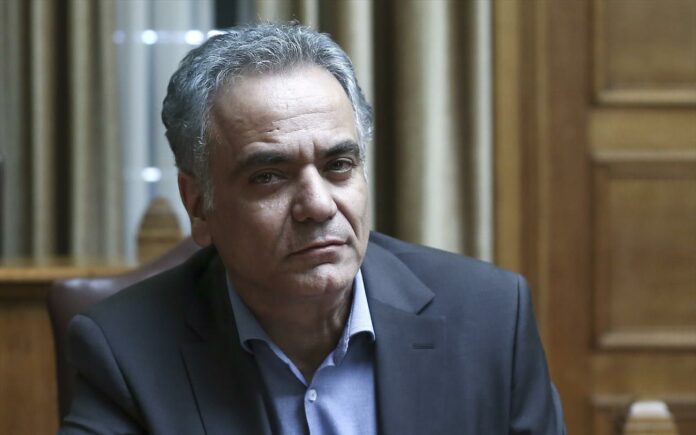The relevant minister over the weekend again cited his “categorical opposition” to the sale of 17 percent of the state-owned power company, listed Public Power Corp. (PPC).
Minister Panos Skourletis also indirectly criticized the head of Greece’s semi-autonomous privatization fund, TAIPED or HRADF, in the wake of several successful conclusions to privatizations (real estate development of the Helleniko site, the Piraeus Port Authority, Trainose etc) over the recent period.
“The fact that 17 percent of the company has passed into TAIPED’s hands during the tenure of previous governments doesn’t mean that it (the stake) must be sold … Mr (Stergios) Pitsiorlas (the president of TAIPED) knows this, although he now appears to ignore this, which raises questions.”
Skourletis also said that last year’s memorandum, the third in a row, cites which privatizations are mandated, a comment aimed at preventing more privatizations than the leftist government has agreed to implement.
Skourletis’ comments come in the wake of a handful of privatizations concluded by the current leftist Greek government, projects that it virulently opposed while in the opposition, then referring to “sell-offs”.
PPC once enjoyed a monopoly on power generation and transmission in the country. However, the power generation sector has been liberalized, although PPC still enjoys a dominant position, while the transmission grid operator (ADMHE) is a separate entity, and also a candidate for privatization.
Asked about the construction of the TAP natural gas pipeline, he predicted that the Greece portion of the project will be completed first.
Finally, in reference to the now shaky agreement for the sale of the natural gas provider (DESFA) to Azerbaijan’s state-controlled Socar, he merely said that it was up to the Azeri side to decide what it wants to do.
According to media reports late last claimed that the
the leftist Greek government is unwilling to withdraw draft legislation amending the framework for natural gas tariffs in the country. The reports cited warnings by Socar executives that possible changes will jeopardize a deal for Greece’s natgas grid.














